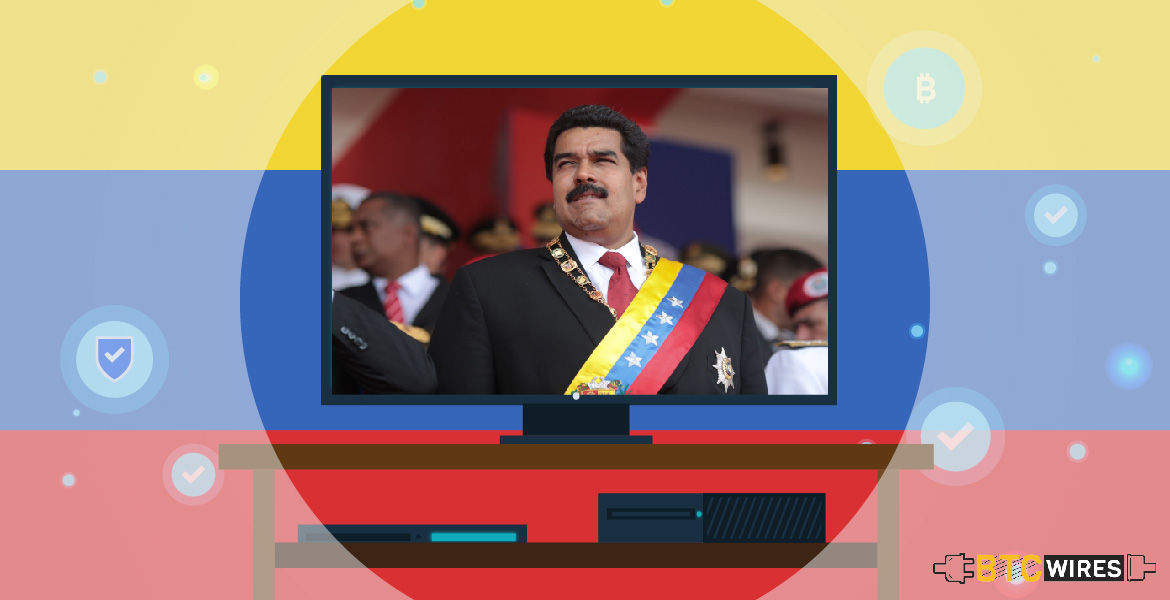Venezuela’s native cryptocurrency, Petro’s price has been increased from 3,600

Venezuela’s native cryptocurrency, Petro’s price has been increased from 3,600 sovereign Bolivars to 9,000, the country’s president announced on national television on Thursday. The wallet for Petro still hasn’t been made available, but the Venezuelan government is still trading the currency nonetheless.
President Nicolas Maduro’s announcement confirmed that the price hike has been active since Friday. The announcement was made in the same breath as the 150 percent wage hike for workers in the country. This was the sixth wage hike this year, echoing the severe hyperinflation that the country has been going through, reaching an inflation rate of over 27,000% at one point this year, according to Forbes.
In August of this year, Maduro had announced that the price of the Petro would be set against Venezuela’s primary currency, the sovereign Bolivar (Bolívar soberano). He said, “Each petro, as the anchor point of the sovereign bolívar, will have a value of 3,600 Bs.s.”
Venezuelan economists are reacting negatively, following the president’s announcement on Thursday. The Petro was initially priced at 3,600 Bs.s because of its backing against oil prices in the country, but hiking it to 9,000 has only managed to devalue the Bolivar by 100%, the experts said.
Venezuelan Economist Leonardo Buniak explained that the Petro could not be legitimately called a cryptocurrency because its value wasn’t set by market forces, but by the president himself.
“When the president decrees that a petro is worth 9,000 Bs.s, what he is saying is that the petro is not a cryptocurrency but a debt title that is predetermined, [which] cannot be mined. It is impossible to think that it is a cryptocurrency when its value is not given by the interaction between supply and demand.”
To add insult to the injury, the wallet app for Petro has been removed by Google from the Google Play Store, as stated by the country’s economic minister and ex-vice president Tarek El Aissami. Additionally, the Windows and Linux versions of the wallet are still unavailable and the links to download them only show a popup message saying “This wallet will soon be available for your operating system.”

The code for Petro is also unavailable, and thus its existence or functionality cannot be verified independently, adding further speculation. Charts or data showing functionality and performance of the currency have also not been published by verifiable sources.
Although the Petro lacks legitimacy as a cryptocurrency, Venezuela’s regulator-in-charge of all crypto activities, Sunacrip has been selling the digital currency at its headquarters since October. The buyers are also being issued certificates of purchase after going through a know-your-customer (KYC) process which includes biometric scans.

